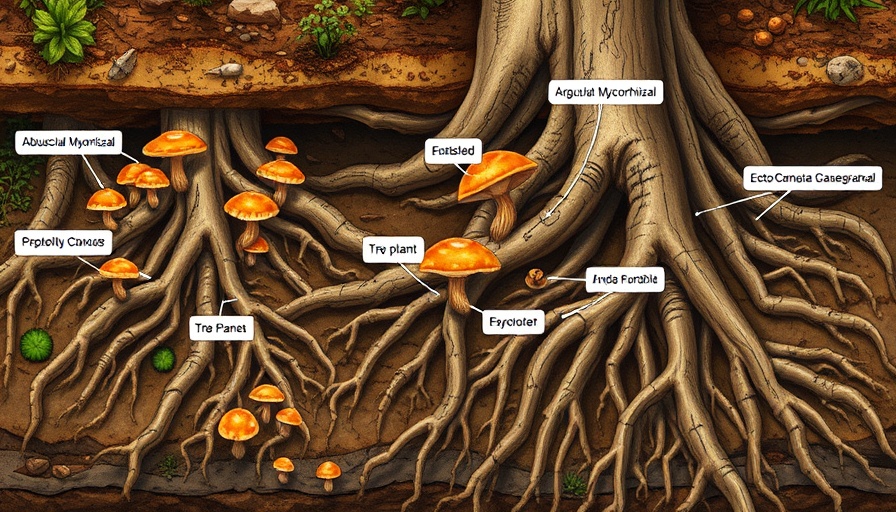
Understanding Coral Disease and Probiotics
The health of coral reefs has become a hot topic globally, especially as these vital ecosystems face numerous threats. One significant issue is the stony coral tissue loss disease (SCTLD), which has decimated coral populations in Florida and beyond. Fortunately, a recent study highlights a promising probiotic solution that could offer a lifeline to these struggling ecosystems.
What is the Probiotic Treatment?
In a groundbreaking study published in Frontiers in Marine Science, researchers examined the effects of a bacterial probiotic strain known as MCH1-7. Discovered by scientists at the Smithsonian Marine Station in 2018 on a naturally resilient coral, this strain works by producing a compound called tetrabromopyrrole (TPB). Initial research showed promise in helping adult corals combat SCTLD, but this latest study focuses on how it can protect juvenile corals as well.
Testing Methodology: Bagging and Beyond
The study applied the probiotic in two unique ways. The first approach was a whole-colony bagging method, where coral colonies were enclosed in weighted bags filled with probiotic-treated seawater. This method facilitated a comprehensive treatment protocol, allowing researchers to monitor the corals extensively over a 2.5-year period. Results were promising: corals treated this way lost only about 7% of their tissue due to disease, compared to a staggering 35% loss in untreated corals.
Challenges with Conventional Methods
Conversely, the second method of applying a paste directly to the lesions on individual corals did not yield the same level of success. This inconsistency led researchers to refine their application techniques, including scuba diving methods that ensure minimal disruption to other healthy coral species. Such advancements could pave the way for more effective treatment strategies against SCTLD in the future.
Long-Term Implications for Coral Reefs
The implications of successfully applying probiotics to coral reefs are tremendous. Coral ecosystems are not only critical for marine life but also protect coastlines from erosion and provide resources for local communities and economies. By slowing disease spread, we may significantly enhance coral robustness and resilience, crucial traits for enduring climate changes.
Looking Ahead
While the results are encouraging, the researchers emphasize that further studies are necessary to ensure the probiotic treatments can be generalized across different coral species and environments. This could lead to a comprehensive toolkit for marine biologists and conservationists aiming to protect and restore coral reefs worldwide.
Final Thoughts on Coral Conservation
Combatting SCTLD through innovative measures like probiotics is a reminder of the resilience within nature. The fascinating interplay between microorganisms and coral health showcases the potential for science to remedy some of our planet's gravest environmental issues. The proactive efforts of researchers today may help secure a vibrant future for reefs, ultimately preserving the invaluable ecosystems they represent.
 Add Row
Add Row  Add
Add 




Write A Comment